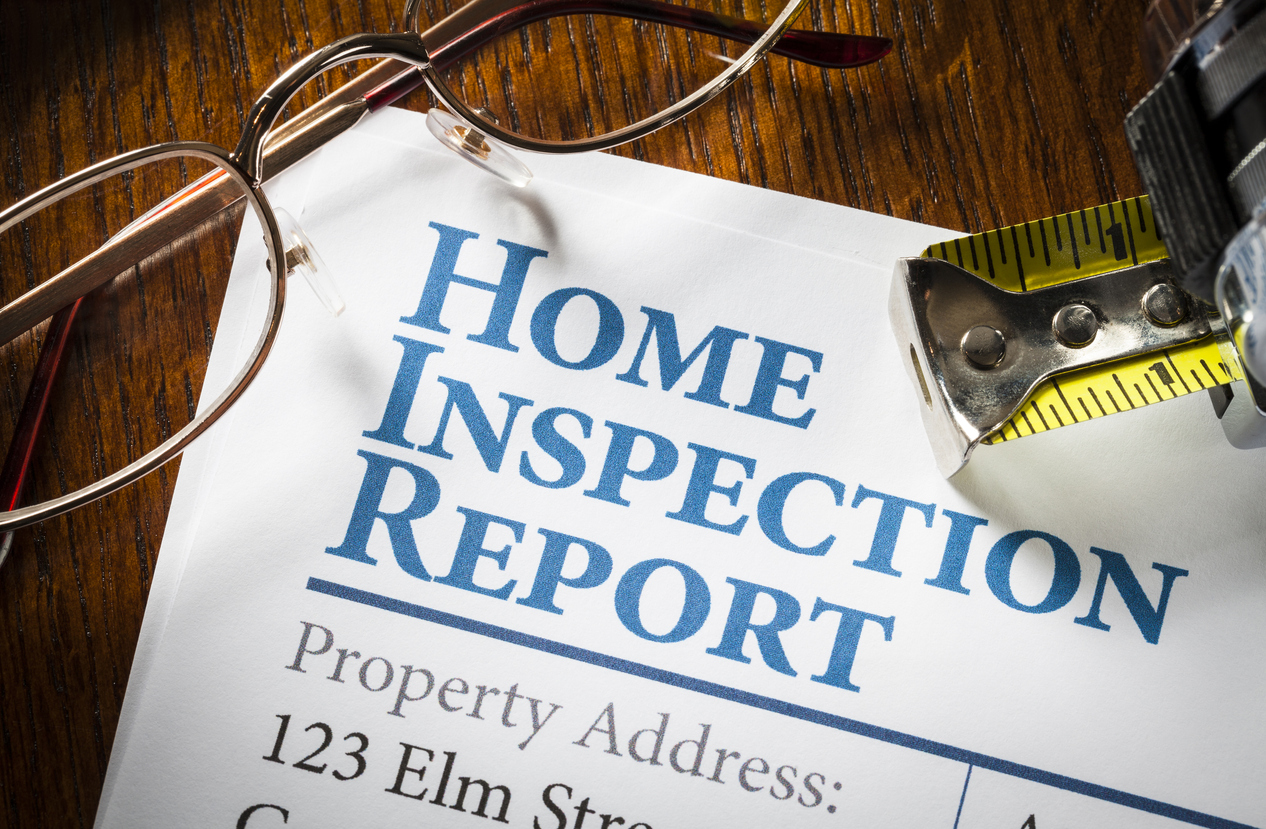Homebuying is an exhilarating journey, but it’s not without its challenges. One pivotal juncture in this process is the home inspection. Unfortunately, this step often gets a bad rap, with misconceptions swirling around it like a cloud of uncertainty. Home inspections aren’t the deal killers they’re made out to be. They’re the truth-tellers, the enlighteners, and the gatekeepers of informed real estate decisions. Let’s peel back the layers and delve into why home inspections can sometimes lead to deals falling apart and how we can reshape our perceptions to make the most of this crucial aspect of buying a home.
Unearthing the Myths
Myth 1: Home Inspections Crush Dreams. The truth is buyers often need to prepare for the depth and complexity of a home inspection report. A lack of understanding of structural nuances and potential risks can send shockwaves through the buying process. Instead of blaming the inspection, it’s essential to recognize that these revelations are an opportunity. They empower buyers to make informed choices by renegotiating terms, requesting repairs, or opting out if the issues are beyond their comfort zone.
Myth 2: Great Expectations Lead to Great Disappointment. Today’s homebuyers have sky-high expectations, driven by the allure of luxurious living. However, these visions sometimes must align with the reality discovered during a home inspection. This mismatch can create disappointment, especially when coupled with the urgency of the current real estate market. Buyers must remember that improvements and adjustments often unlock a home’s potential. A well-constructed inspection report can serve as a roadmap for turning a house into a dream home.
Myth 3: Technology: A Blessing and a Curse Technological advancements have revolutionized home inspections, providing intricate details and high-resolution images. However, this flood of information can be overwhelming, causing anxiety and decision paralysis. The key is to treat this data as a treasure trove. Collaborate with the inspector to decipher the report, focusing on the critical issues that align with your priorities. Keep the sea of information from drowning out the potential of a property.
A Paradigm Shift
We need a shift in perspective to transform our perception of home inspections. It’s not the house or the inspector’s issue – it’s our understanding and approach. Every home, regardless of its flaws, holds the potential to be someone’s haven. Instead of fearing inspections, we should embrace them as essential tools for informed real estate choices.
Education: The Bridge to Confident Decisions
The remedy lies in education. Both real estate agents and buyers need better training to understand the intricacies of homes. Courses that focus on deciphering the structural “bones” of properties, assessing risks, and comprehending inspection reports can be game-changers. This knowledge allows buyers to differentiate between deal-breakers and manageable issues, leading to more confident and well-informed decisions.
Setting the Stage for Success
To dispel the myth of home inspections as deal-killers, it’s time to bring about change. For real estate agents, there’s room for more comprehensive training, ensuring they can guide buyers effectively. For buyers, investing time in understanding home construction and maintenance essentials can reduce anxiety and empower them during the inspection phase.
Conclusion: Embracing the Truths Within
In real estate, home inspections are the keepers of truth. They’re the ones who unveil the hidden challenges, allowing buyers to make choices that align with their comfort levels and aspirations. By viewing inspections as the enlightening steps they are, we can reshape the narrative surrounding them. Instead of being seen as barriers, inspections become integral parts of the homebuying journey, paving the way for confident and informed decisions. It’s time to let go of the fear and uncertainty and welcome inspections with open arms. After all, knowledge is power, and in the realm of real estate, informed choices lead to flourishing investments.






